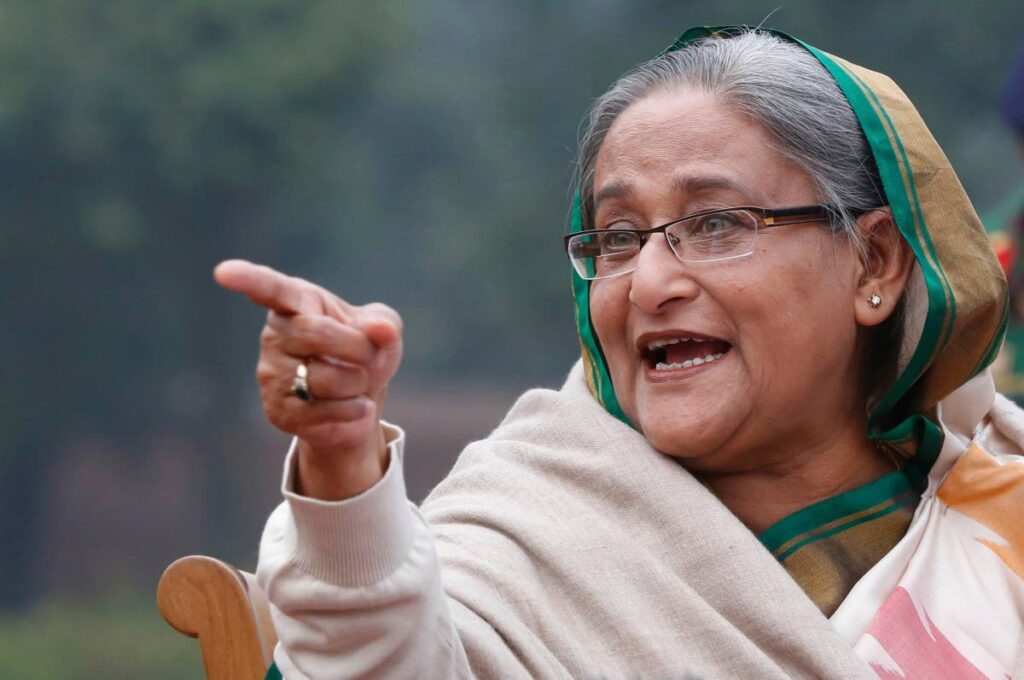In a landmark ruling, Bangladesh’s former Prime Minister Sheikh Hasina has been sentenced to death for crimes against humanity, following a brutal state crackdown on student-led protests in 2024. A UN fact-finding report revealed that 1,400 people were killed, including 13% children, while thousands were maimed and 11,700 arbitrarily detained. The crackdown, marked by extrajudicial killings, torture, and surveillance, targeted dissenters, journalists, and medical staff. Women and girls faced sexual and gender-based violence, all orchestrated under Hasina’s iron-fisted regime. Despite her conviction, Hasina, exiled in India, remains unlikely to face extradition. She dismissed the tribunal’s ruling as a “farce,” claiming it was politically motivated. Her lawyers preemptively lodged a complaint with the UN, arguing the trial was retribution. The UN report corroborated the tribunal’s findings, detailing how Hasina, also the defense minister, directed security forces to violently suppress opposition. UN Human Rights Chief Volker Türk described the response as a calculated strategy to retain power. Hasina, the world’s longest-serving female head of state, openly demeaned protesters, asserting their efforts were futile. While international bodies face challenges in enforcing accountability, this ruling serves as a stark reminder that leaders may eventually face consequences for disregarding due process and human rights for political gain.
